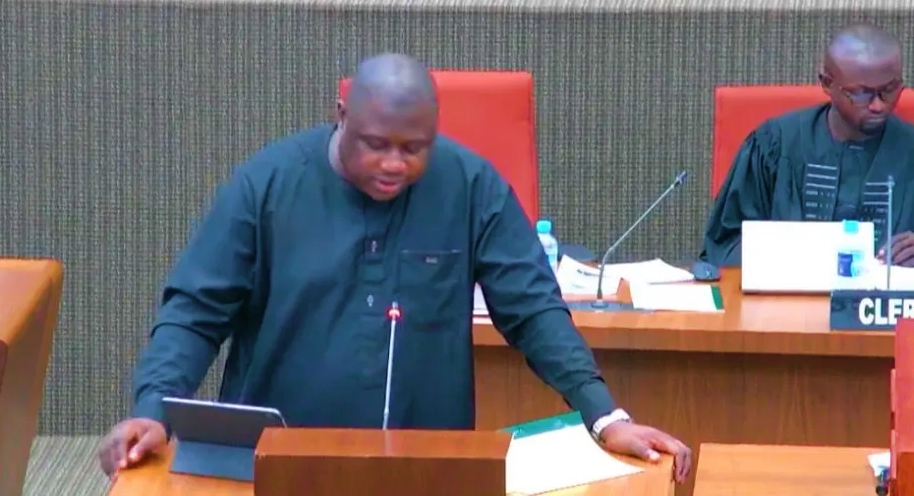Gambiaj.com – (BANJUL, The Gambia) – The Gambia’s National Assembly on Tuesday voted to amend the Election Bill, doubling the registration fees for political parties from D1 million to D2 million, a move that sparked sharp debate among lawmakers.
The proposal, recommended by the Independent Electoral Commission (IEC), was backed by 12 lawmakers against 5, with supporters largely from the ruling National People’s Party (NPP) arguing the increment was necessary to discourage the proliferation of “briefcase political parties.”
While opinions differed on whether raising the fee would sanitize the political space, Justice Minister Dawda Jallow advised lawmakers to focus on enforcement of existing laws rather than merely increasing financial barriers.
“Even if we leave the fees at D1 million, how many people can afford that? But after you register, you need a lot of money to maintain the party,” Jallow told the Assembly. He noted that the IEC already has strong regulatory tools at its disposal but has not been strict in applying them.
“The IEC is being sympathetic, but if they enforce the laws, a lot of political parties will be deregistered,” he said. “Imagine all parties are required to have a functional office in all the regions and to be regularly organizing congresses and so on. I think the emphasis should be for IEC to ensure they implement the laws.”
Some lawmakers, including Nianija NAM Amadou Camara and Upper Fulladu NAM Bakary Kora, supported the increment, with Kora even recommending the fee be raised to D4 million.
Others, like Brikama South NAM Lamin J. Sanneh and Serekunda NAM Musa Cham, opposed the hike, warning that it would restrict political participation to the wealthy and contradict the principle of multiparty democracy enshrined in the Constitution.
Foni Bintang NAM Bakary Badjie, who has declared his intention to contest the 2026 presidential election, also condemned the move and urged his colleagues to retain the fee at D1 million.
Despite the minister’s caution, the bill to raise the registration fee was passed, further polarizing the debate over how best to regulate political parties in The Gambia.










